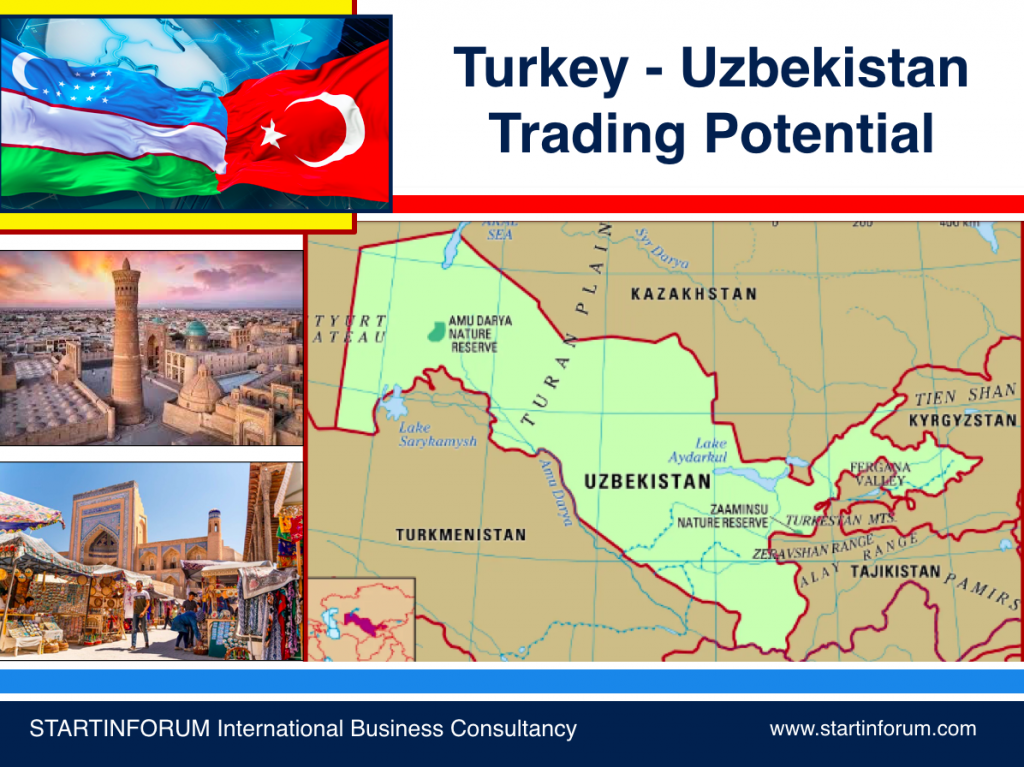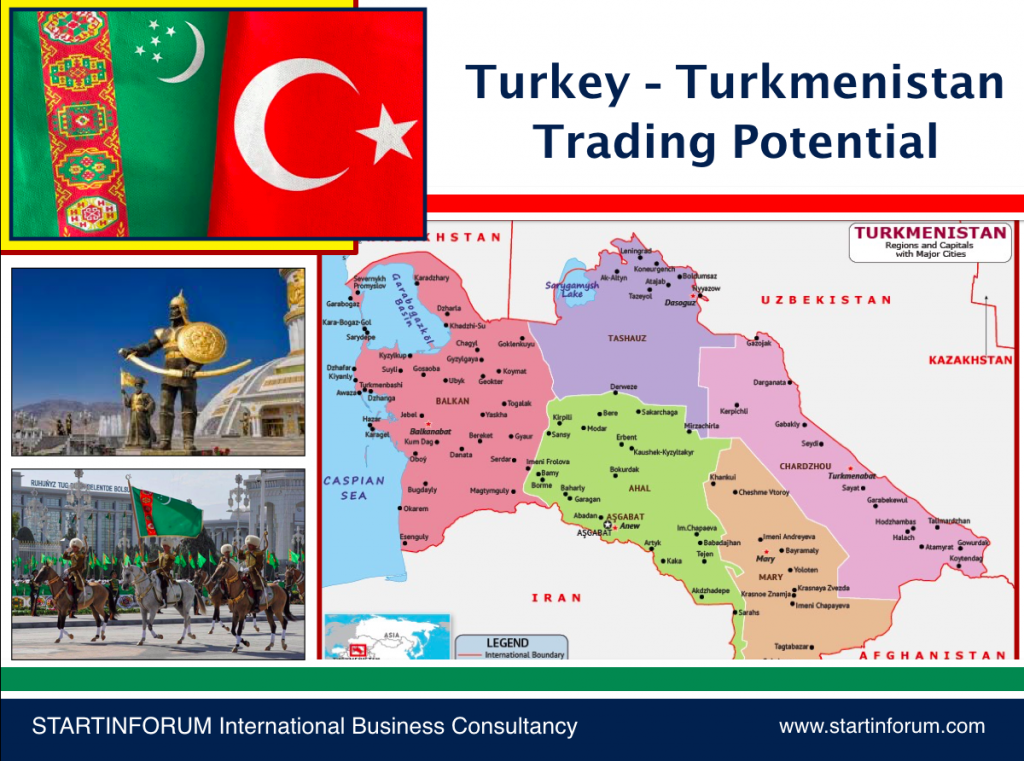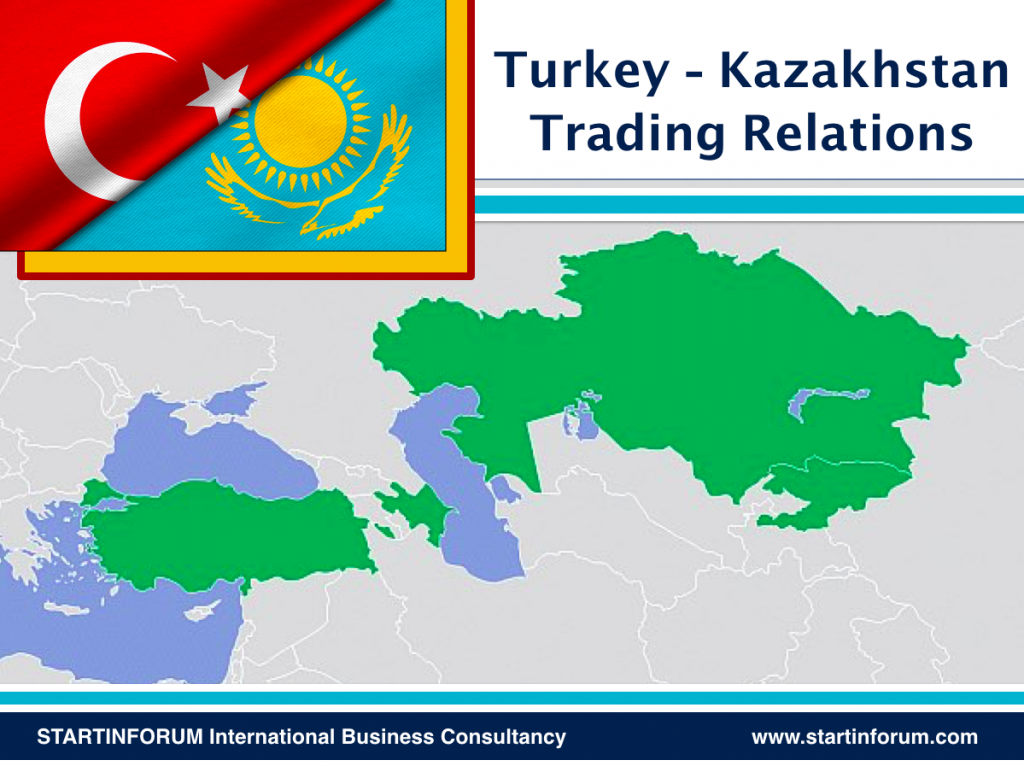Uzbekistan is a key strategic partner for Turkey in Central Asia, and there’s significant potential for increasing imports from Turkey across a wide range of sectors. The “best offer” for import from Turkey to Uzbekistan isn’t a single product, but rather a combination of factors driven by Uzbekistan’s economic development, consumer demand, and existing trade patterns.

Here’s a breakdown of the best import offers from Turkey to Uzbekistan, considering current trends and future potential:
1. Machinery and Equipment (Industrial and Agricultural)
- Why it’s a “best offer”: This is consistently the largest and most valuable import category for Uzbekistan from Turkey. Uzbekistan is undergoing significant industrialization and infrastructure development, which drives high demand for machinery, nuclear reactors, boilers, and electrical equipment. This includes equipment for manufacturing, power generation, and various industries.
- Specific opportunities:
- Construction Machinery: As infrastructure projects (roads, housing, industrial zones) continue, demand for Turkish construction machinery remains strong.
- Textile Machinery: Uzbekistan is a major cotton producer and aims to increase its textile processing capabilities.2 Turkish textile machinery, known for its quality and efficiency, is highly sought after.
- Agricultural Machinery: Modernizing the agricultural sector is a priority for Uzbekistan, creating demand for irrigation systems, tractors, and other farm equipment.
- Food Processing Machinery: As Uzbekistan seeks to add value to its agricultural output, Turkish food processing and packaging machinery is in high demand.
2. Finished Textile Products and Apparel
- Why it’s a “best offer”: Turkish textiles and apparel are highly regarded in Uzbekistan for their quality, design, and competitive pricing. Despite Uzbekistan’s own textile industry, there’s strong consumer demand for Turkish fashion, home textiles, and ready-to-wear clothing.
- Specific opportunities:
- Ready-to-Wear (RTW) Clothing: Dresses, suits, casual wear, and sportswear for men, women, and children.
- Home Textiles: Bedding, towels, curtains, carpets, and other textile floor coverings.
- Hosiery: Socks, stockings, and other knitted apparel.
- Specialized Fabrics: Materials for specific industrial or fashion needs.
3. Plastics and Plastic Products
- Why it’s a “best offer”: Uzbekistan’s growing manufacturing sector and increasing consumer goods production lead to high demand for various plastic raw materials and finished plastic products.
- Specific opportunities:
- Plastic Pipes, Tubes, and Fittings: For construction, irrigation, and industrial applications.
- Packaging Materials: For food, beverages, and other consumer goods.
- Plastic Housewares and Consumer Goods
4. Building Materials and Related Products
- Why it’s a “best offer”: Uzbekistan’s ongoing construction boom (residential, commercial, and industrial) creates continuous demand for a wide array of building materials.4
- Specific opportunities:
- Iron and Steel Articles: Reinforcement bars, structural components, and various fabricated metal products.
- Ceramic Products: Tiles, sanitary ware.
- Glass and Glassware: For windows, facades, and interior applications.
- Cement, Plaster, Stone: Basic construction materials.
- Furniture, Lighting, Prefabricated Buildings: For new constructions and interior outfitting.
5. Pharmaceutical Products
- Why it’s a “best offer”: Uzbekistan is investing in its healthcare sector and has a constant need for a diverse range of pharmaceutical products. Turkey is a significant exporter of medicines and medical supplies.
- Specific opportunities:
- Packaged Medicaments: Various types of finished pharmaceutical products.7
- Medical Devices and Consumables
6. Food Products
- Why it’s a “best offer”: While Uzbekistan has a strong agricultural base, there’s demand for certain Turkish food products, especially processed foods and specific fresh produce not readily available or competitive locally.
- Specific opportunities:
- Citrus Fruits: Oranges, mandarins, lemons.
- Processed Foods: Confectionery, canned goods, dried fruits, nuts, and some dairy products.
- Animal Feed Additives: As seen in recent import data, specialized feed additives are imported.
Factors Enhancing the “Best Offer” Status
- Preferential Trade Agreement (PTA): The PTA between Turkey and Uzbekistan, which entered into force in February 2023, significantly reduces or eliminates tariffs on specific goods for both sides.8 This makes Turkish products more competitive in the Uzbek market.
- Strong Bilateral Ties: Both countries have a shared commitment to increasing trade volume, with a target of reaching $5 billion.9 This political will creates a supportive environment for business.
- Logistics and Connectivity: Improved transportation links, including road and rail routes through the Caspian Sea, facilitate smoother trade flows.10
- Turkish Investment in Uzbekistan: The presence of nearly 1,900 Turkish companies and significant investments in Uzbekistan (totaling $5.6 billion) creates a natural demand for Turkish-made goods and services within their projects.11
To identify the absolute “best offer” for a specific business, it’s crucial to conduct detailed market research, analyze current demand, understand local regulations, and consider logistics and competition.
However, the categories listed above represent the most promising areas for Turkish exporters looking to enter or expand in the Uzbek market.
For more information about international markets, export tendencies and recommendations, deep analysis of trading opportunities, please feel free to contact us.


